Genre: eLearning | Language: English | Duration: 24 Lessons (11h 22m) | Size: 9.58 GB
The growth of Christianity in the early centuries of the Common Era is one of the most extraordinary stories in world history. What began with a preaching day-laborer and his dozen or so disciples soon grew to be the largest religion in the world, eventually taking over the entire Roman Empire and beyond. How did that happen? How was such a movement possible?
Delve into the fascinating series of events that led to Christianity’s rise in The Triumph of Christianity. Taught by Dr. Bart. D. Ehrman, these 24 investigative lectures trace the exponential growth of Christianity, from its origins in a Jewish outpost of the Roman Empire to its spread throughout the entire Western world.
In this extraordinary course, you will investigate the historical events that led to such an astonishing feat. With the objective eye of a historian, Bart takes you through the ancient Roman world, offering analysis on what we can know for sure and what lies in the realm of speculation. While Bart is careful to delineate history from religion, he walks you through a number of theological discussions and debates around the nature of Christ, salvation, “end times,” and more.
Along the way, you will:
Meet the historical Jesus, the Apostles Paul and Luke, and other figures from the beginnings of Christianity;
Learn how the apostles of Jesus spread his message far and wide, as described in the book of Acts;
See how the apocalyptic message of Jesus transformed into a theology of salvation; and
Witness the development of a unified church.
From the message of Jesus of Nazareth to the beginnings of a Christian Roman Empire, The Triumph of Christianity provides new insights into one of the most compelling stories ever recorded.
Delve into the Pagan Roman World
Your journey begins at the turn of the Common Era, when the Roman Empire dominated the Western world. At the time, the majority of the Empire believed in some form of paganism, a belief in multiple deities. As you will learn, the prevalence of pagans likely played an important role in the spread of Christianity.
After giving you a bird’s-eye view of the Roman world, Bart takes you into the far-flung outpost of Judea, a Jewish province out of which Christianity was born. Jesus and his disciples were all Jewish; so, you will spend some time understanding not only the monotheism and rituals of Judaism, but also the foreboding sense of “end times” that many Judeans felt. Whether it was from wars or plagues or the hand of God, many of Jesus’ contemporaries believed the end of the world was near.
Enter the humble carpenter from Nazareth, who preached in favor of the meek and downtrodden and focused on a morality of love and turning the other cheek. What do we know about the historical Jesus? Where did his views come from? And how did a likely illiterate laborer from the middle of nowhere build a following that changed the entire course of world history?
Your exploration includes a deep dive into the Jewish notion of the “messiah,” a word that meant something slightly different in biblical times than it does today. Bart walks you through evidence from the Gospels to introduce you to Jesus, as well as the sources of information we have about him and the world he inhabited.
Explore the Doctrines of the Church
One key theme of this course is the distinction between the teachings of the historical Jesus and the formation of a unified church. When you talk about early Christianity, one reasonable question might be, “Which one?” Jewish Christians, Marcionites, Gnostics, and other groups all had elements of Jesus’s teachings in their worldview, but it wasn’t the “one holy Catholic church” we associate with a fully formed Christianity, which scholars theorize arose from a variety of sources and events, such as:
The nature of Christianity as both exclusive and evangelical. In this worldview, Christianity was both “exclusive” (meaning it represented the one true path to salvation) and “evangelical” (meaning Christians felt a duty to “save” others with the message of Christ).
The single-handed efforts of the Apostle Paul. Born Saul of Tarsus, Paul converted to Christianity and proceeded to travel the empire, bringing the message of Jesus around the Mediterranean. Armed with words and miracles, Paul set up church after church, spreading a worldview of salvation against impossible odds.
The appeal of the Christian message for pagan audiences, which radically changed their lives and the world they inhabited.
The conversion of Rome, which would have world-altering consequences.
Witness the gradual coalescing of a Christian church, which required a theological reframing of the historical Jesus. The crucifixion put a metaphorical nail in the belief that Jesus would be the “king of the Jews” in this life. You will see how Jesus’s disciples and the early apostles transitioned from an apocalyptic worldview—a belief that they were living in the “end times”—to a view that Christ was the key to salvation in the next life.
Witness the Beginnings of a Christian Roman Empire
We have many stories of Christian persecutions, starting with the crucifixion of Jesus himself. But as you will discover, persecutions were often sporadic and limited to local populations until the 3rd century, when Christianity had grown enough to represent a true threat to the Roman Empire.
Survey both the Christian missions and the persecutions of missionaries and converts over the centuries. Not only does Bart show you the history of these attacks, but he also takes you inside the intellectual debates between persecutors and Christian defenders, or apologists, giving you a nuanced understanding of Christian theology in development.
The Triumph of Christianity culminates with Christianity taking over the Empire and the role Constantine played in it. Over several lectures, you will explore the emperor’s conversion and the last gasps of pagan power. Finally, with a few thoughts about the effect of Christianity on the philosophy, culture, social order of Western Civilization. Detailed, nuanced, and full of life, The Triumph of Christianity is a multi-faceted look at Christianity’s past and its influence in the present as it continues to thrive in the world today.
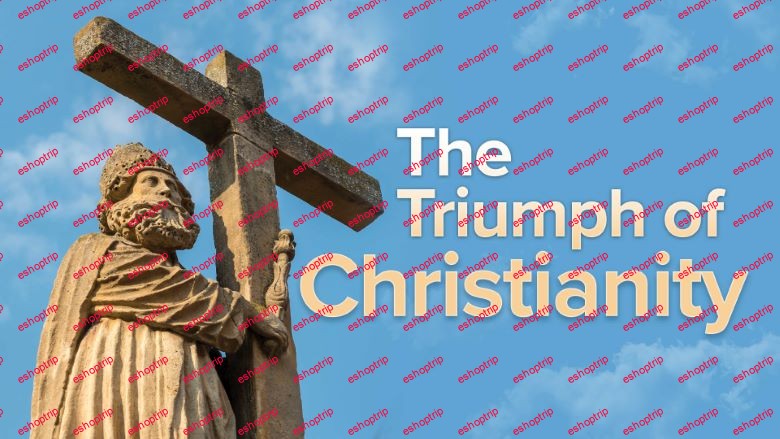


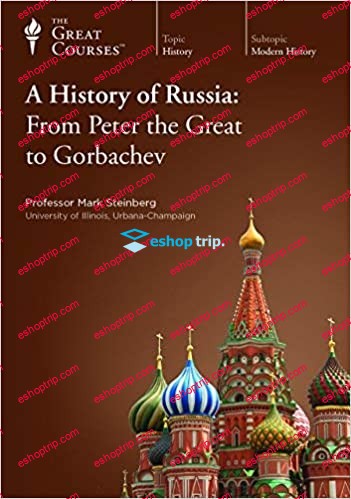
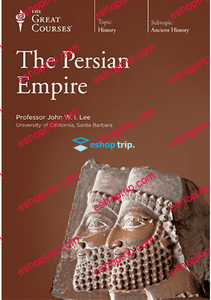
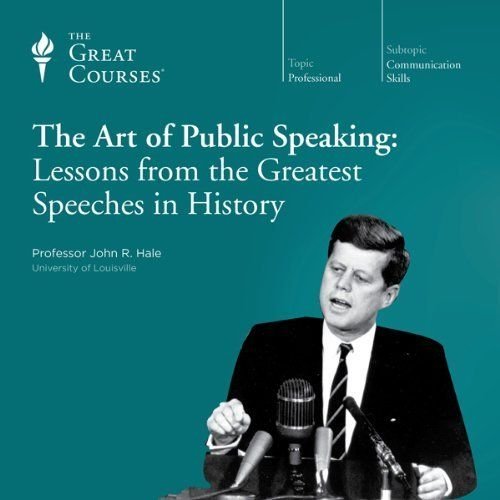

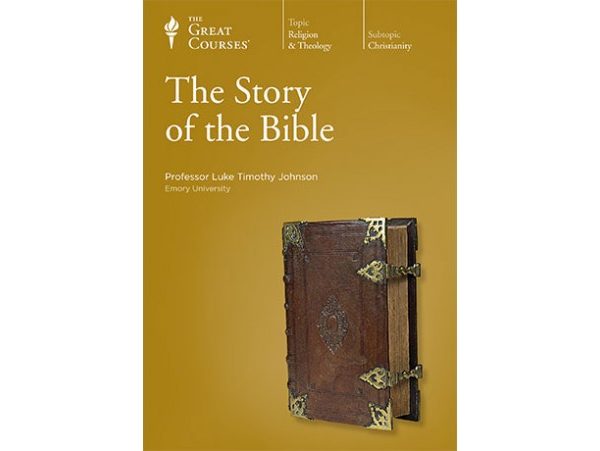
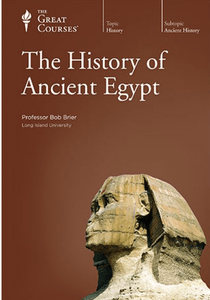
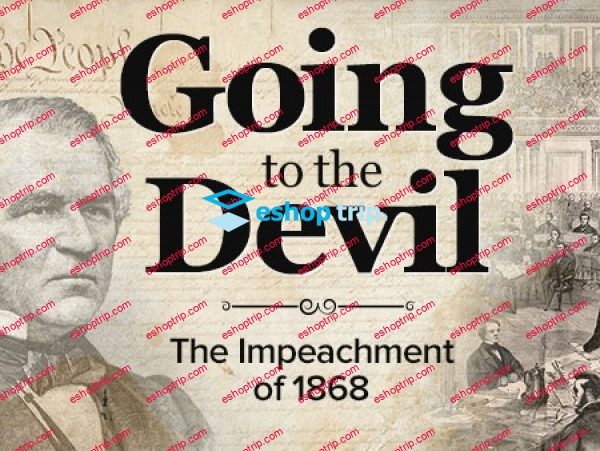
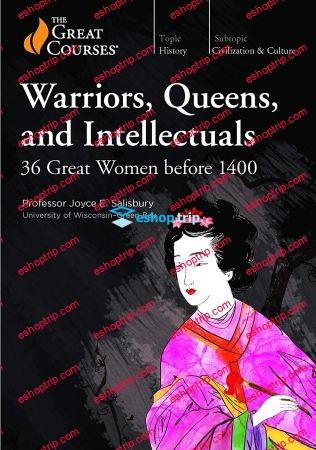
Reviews
There are no reviews yet.